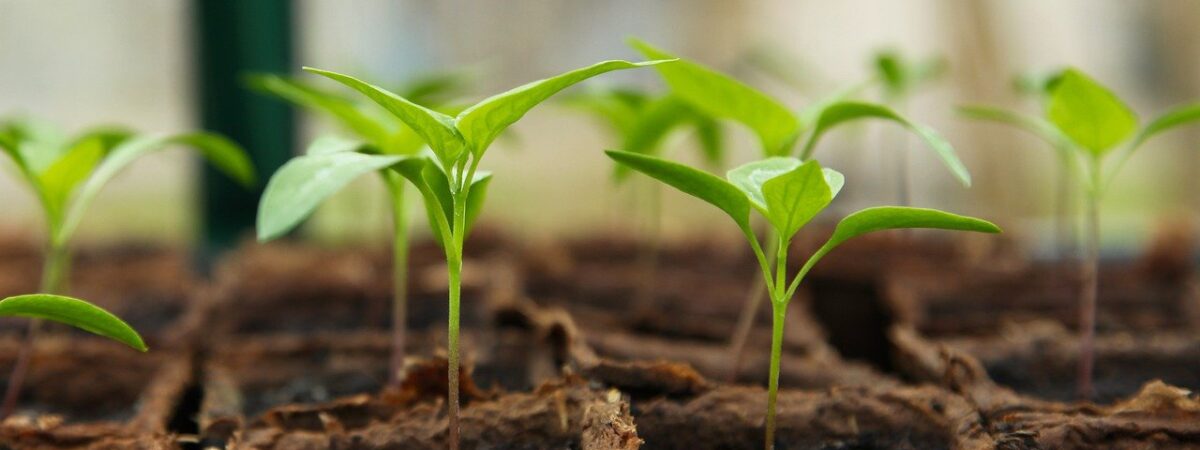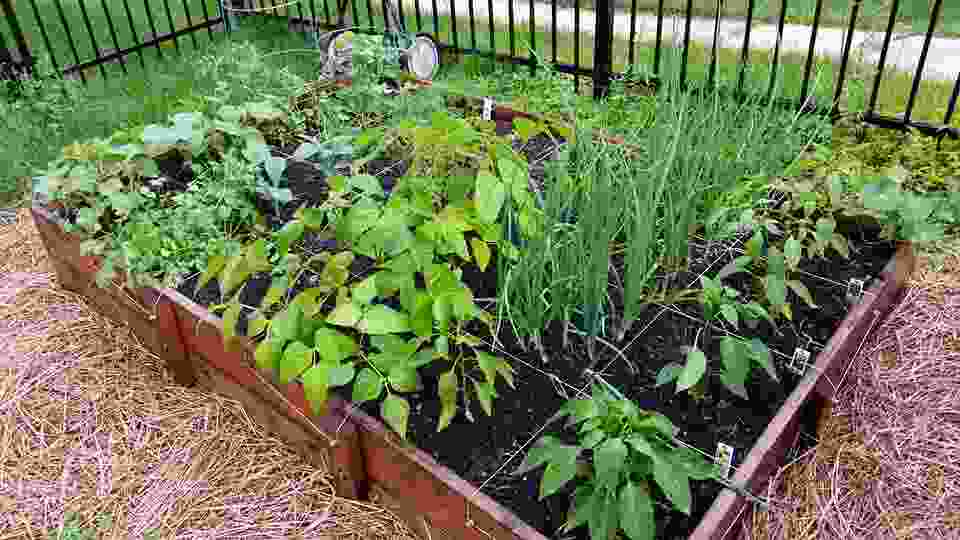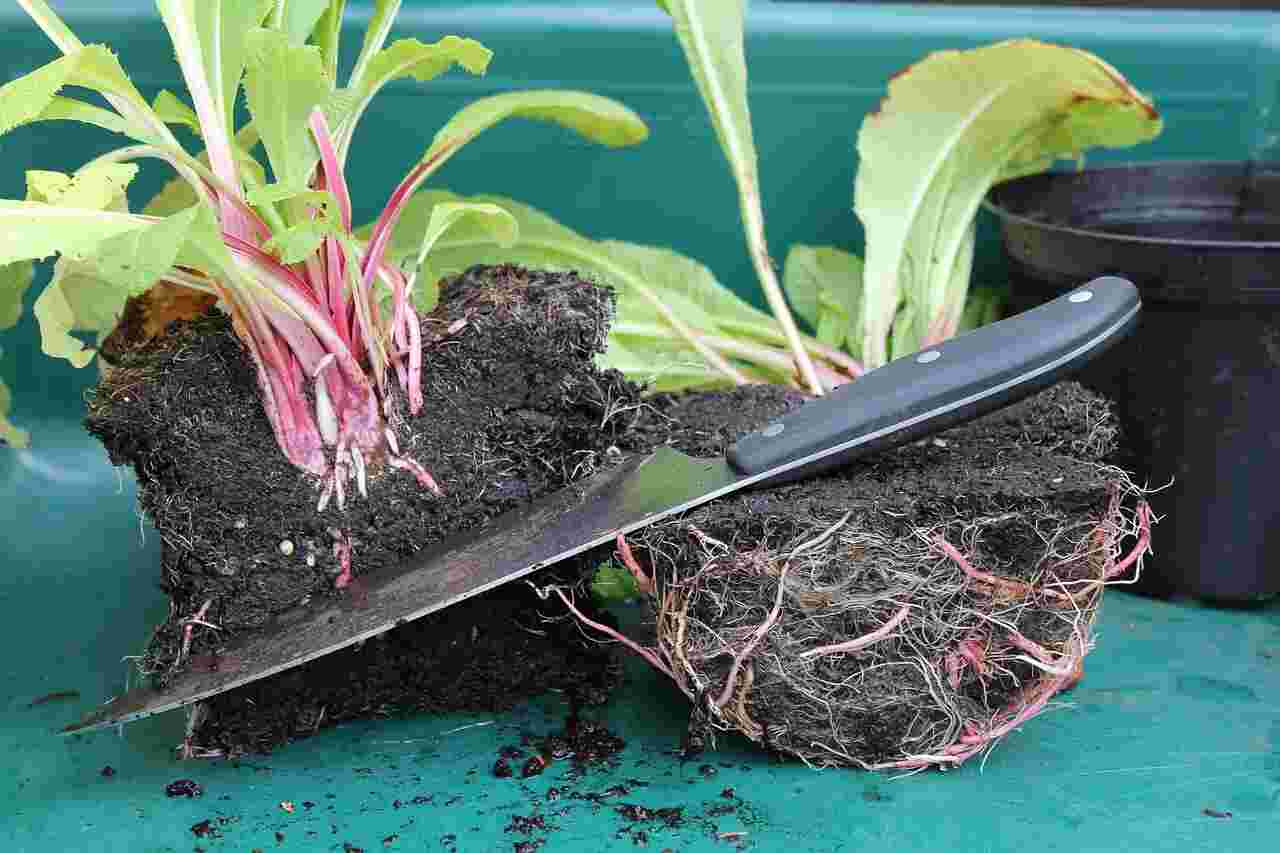Although many people like gardening as a pastime or a pleasurable activity, it is much more than that. Gardening has so many advantages! It not only improves the aesthetics of your house but also greatly benefits your health.
The connection with plants can enhance mood and mental health. Just like exercise can help you lose weight and improve blood pressure and cholesterol levels.
Whether gardening is your passion or your business, it can have many positive effects on your health. The desire for a garden is a fantastic notion. One of the healthiest pastimes you may take up is gardening.
Top 14 Benefits of Gardening for Students
The top 14 benefits of gardening for students are:
Gardening Enhances Strength
Gardening is exercise, according to the Centers for Disease Control and Prevention (CDC)Reliable Source. Raking and cutting the grass are examples of light to moderate activity. Whereas digging, digging, and cutting wood are examples of hard exercises.
In either case, working in a garden engages all of the body’s primary muscular groups. Anyone who has woken up sore from a day of yard work won’t be surprised by this information.
To restore both land and cultural identity, stone gardens, vegetable gardens, and attractive landscapes with waterfalls and ponds have all been created.
Promotes a Healthy Diet
The more they discover, participate in, and take ownership of the process of planting something, whether edible or not, the more inquisitive kids become by nature. The more they desire to employ each of the seven senses, including taste.
But more significantly, they are discovering the benefits of linking good food sources with edible plants. For instance, growing a vegetable garden enhances the interest of children even more.
Studies show that forming good habits early on helps children develop into adults. There are many various plant species, so you can identify the kinds of plants they are growing as you go, which is part of the scientific aspect of things.
Teaches Children to Obey Commands
It’s well known that children play with a purpose in gardens. Children learn to follow directions pleasantly by participating in the step-by-step process that is gardening. A curious child’s fantasy includes dirt, water, shovels, tiny seeds, and plants as independent components.
You have the ingredients for a game-like method of teaching children to follow directions when you combine them and get them to do so in a step-by-step procedure.
Adults find it difficult to put on gardening gloves, so kids must move each finger one at a time before they can feel the gloves on their fingers.
Stimulates Imagination and Mindfulness
Gardening is all about creativity, and this biological activity’s one major advantage is that it may foster your own. You can be creative with everything in the garden.
If you are growing some plants in your backyard or designing a vegetable garden layout to maximize your available space, creativity is everywhere.
Additionally, if you have children, you can enlist their assistance in the garden. They can help you make garden signs to indicate where you planted particular veggies, water the plants, sow fresh seeds, or water the plants.
All of these things will foster their inventiveness, and everyone will pick up new abilities.
Instils Confidence
Reaping what you sow is a proverb that comes to mind. The wonders of finishing something that generates something more is inspiring to a youngster and fulfilling to an adult.
We all know that harnessing that confidence and enabling a child to feel pride in their activity is more than just gardening; it’s life-changing.
Studies also demonstrate that the more a child does and the more they explore a subject on their own, the more confident they feel in their skills.
Gardening Helps in Preserving Memory
Additionally, doctors have long recognized the benefits of exercise on brain cognition. There is some disagreement over whether gardening alone is sufficient to have an impact on cognitive abilities like remembering.
People receiving dementia treatment in an inpatient institution in Korea received 20-minute gardening activities from researchers there.
Researchers found elevated levels of several brain nerve growth factors linked to memory in both males and females after the residents had raked and planted in vegetable gardens.
In reality, individuals with dementia frequently take part in ground-breaking Greencare programs in the Netherlands and Norway. They spend a significant portion of the day working on farms and in gardens.
Gardening Uplifts the Mood
Studies conducted in the United States and overseas have shown that gardening boosts self-esteem and mood. People experience less anxiety and depression when they spend time in a garden.
Participants in a multi-year study that was published in 2011 Trusted Source took part in a gardening intervention for 12 weeks.
Following that, scientists assessed several elements of their mental health. It includes depression symptoms, and discovered that each had dramatically improved. And even when the intervention was over, the improvements persisted for months.
Gardening Brings Relaxation During Stressful Situations
If you have had a stressful situation, working in a garden can help you to recover from that. Researchers exposed study participants to a stressful task in a 2011 study.
After that, they instructed half of the group to read quietly for some time and the other half to work in the garden.
Researchers discovered that the gardening group had recovered from the stress more effectively than the reading group when they measured the levels of the stress hormone cortisol in their bodies.
Additionally, the gardening group claimed that their emotions had improved, compared to fewer readers.
Family and Neighborhood Gardens Provide a Sense of Community
All across, community gardens, family gardens, and school gardens are sprouting. The social connection may be as important to the success of these modest neighborhood gardens as is the quality of the vegetables.
Working in a garden with others of various ages, skills, and backgrounds is a method to increase your knowledge and network. Gardening is important for students and everyone for so many reasons.
It is a beneficial hobby that encourages happiness and provides a great deal of satisfaction. Children are inspired to protect the environment and carry out beneficial tasks.
Saving Money through Gardening
Many people believe that gardening is expensive since you need to buy tools, equipment, fertilizer, and plants. The truth is that gardening, whether you are growing fruits or vegetables, can help you save a lot of money.
You don’t need to purchase pricey plants. You can very inexpensively seed your garden. Additionally, you can make fertilizers from the scraps in your kitchen.
Additionally, you can collect rainwater to use for plant irrigation. Because of this, a tiny garden can yield an enormous number of veggies that you can store for a whole year.
Strengthens Family Ties
Family ties are crucial since they are the only support system you will have in trying times. Many families spend too much time alone in front of the television or other devices.
Gardening is a possible way to reduce this. Give each member of the family a particular responsibility.
For instance, if someone enjoys watering the plants, let him. Someone wants to enjoy their time spent shoveling. All of the family members will be gathered together in such a manner. An excellent period to strengthen your relationship with the family.
Exposure to Beneficial Bacteria
Gardening also has the potential to interact with the beneficial bacteria that are already present in the soil.
Numerous studies have demonstrated the beneficial effects of the bacteria training present in backyard gardens, boosting the quantity of serotonin released from the brain (C.A. Lowry, 2007).
A hormone that makes you feel good; serotonin can help with depression symptoms. Additionally, this may strengthen the immune system.
The hygiene hypothesis is a well-known idea that contends that the immune system and the human brain are interconnected.
Promotes Restful Sleep
Gardening is a hobby that doubles as exercise. Mowing the lawn, raking leaves, and watering the entire garden are examples of moderate exercises. Digging, shoveling, and cutting wood are some strenuous gardening duties.
A significant muscle group in your body will be used for whatever you are doing in the garden. After a long day of yard work, many folks complained of being sore when they woke up.
These active activities in the garden can help with age-related weight gain and pediatric obesity, according to studies (Erica C Spears-Lanoix, December).
Aids in Controlling Eco-Anxiety
According to the American Psychological Association, people’s stress and guilt levels are rising as a result of the earth’s progressively changing environment. Being powerless to change the situation is one of the most aggravating parts of this eco-anxiety.
Gardening can ease this environmental worry because it has a good impact on the climate. The National Wildlife Foundation (NWF) Wildlife Foundation advises gardening and plant growth as a way to reduce carbon emissions and environmental anxiety.
Conclusion
Gardening has several benefits for students. The garden is a very affordable hands-on learning tool when it is incorporated into all disciplines at all levels, especially when compared to commercial types of hands-on learning curriculum items.
You may also like to read






